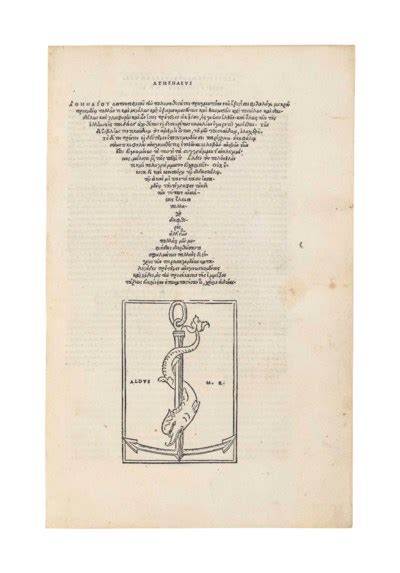A Quote by Richard P. Feynman
There in wine is found the great generalization: all life is fermentation.
Quote Topics
Related Quotes
The word generalization in literature usually means covering too much territory too thinly to be persuasive, let alone convincing. In science, however, a generalization means a principle that has been found to hold true in every special case.... The principle of leverage is a scientific generalization.
My present and most fixed opinion regarding the nature of alcoholic fermentation is this: The chemical act of fermentation is essentially a phenomenon correlative with a vital act, beginning and ending with the latter. I believe that there is never any alcoholic fermentation without their being simultaneously the organization, development, multiplication of the globules, or the pursued, continued life of globules which are already formed.
While conversion of sugars to ethanol is the predominant reaction, it is only one of potentially thousands of biochemical reactions taking place during fermentation. As a result, wine contains trace amounts of a large number of organic acids, esters, sugars, alcohols, and other molecules. Wine is, in fact, one of the most complex of all beverages: the fruit of a soil, climate, and vintage, digested by a fungus through a process guided by the culture, vision, and skill of an individual man or woman.
One of the most insidious myths in American wine culture is that a wine is good if you like it. Liking a wine has nothing to do with whether it is good. Liking a wine has to do with liking that wine, period. Wine requires two assessments: one subjective, the other objective. In this it is like literature. You may not like reading Shakespeare but agree that Shakespeare was a great writer nonetheless.
We laughed a lot and I grew warmer still, lovely and warm. I do realize that some of that warmth was due to the wine, but there was much more to it than that. There are two distinct aspects to Communion wine: one aspect is the wine itself, the other is the idea of communion. Wine is certainly warming, but communion is a great deal more so.
The essence of knowledge is generalization. That fire can be produced by rubbing wood in a certain way is a knowledge derived by generalization from individual experiences; the statement means that rubbing wood in this way will always produce fire. The art of discovery is therefore the art of correct generalization. ... The separation of relevant from irrelevant factors is the beginning of knowledge.





































